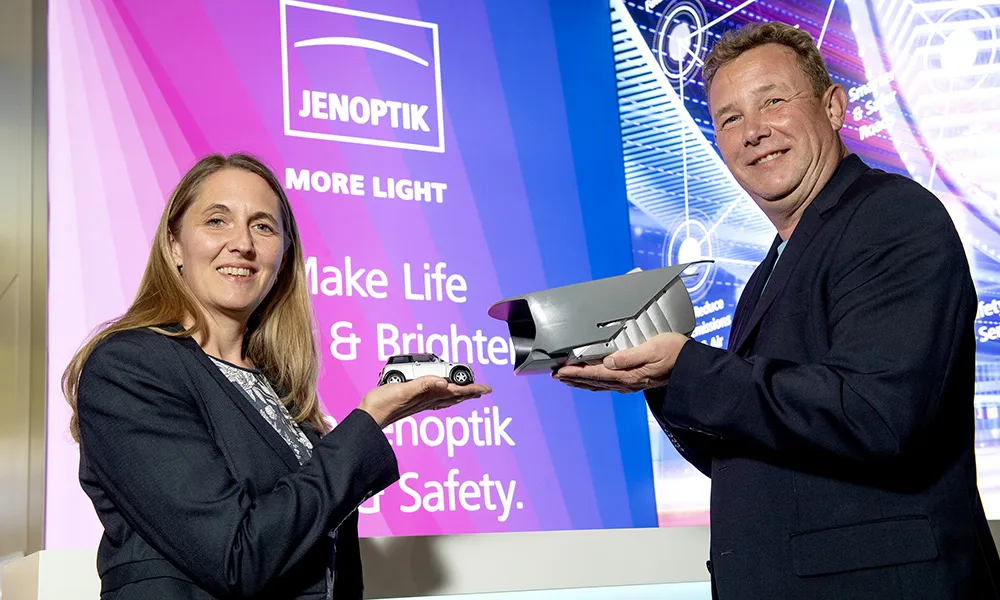The UK’s cities are under unprecedented pressure to improve air quality, as Supreme Court justices in London order that air quality plans to comply with European Union (EU) law on limits for nitrogen dioxide (NOx) in the air must be submitted to the European Commission no later than 31 December 2015.
The case was brought by ClientEarth, a group of lawyers dedicated to environmental issues, which says the ruling means the Government must start work on a comprehensive plan to meet pollution limits as soon
May 1, 2015
Read time: 2 mins
The UK’s cities are under unprecedented pressure to improve air quality, as Supreme Court justices in London order that air quality plans to comply with 1816 European Union (EU) law on limits for nitrogen dioxide (NOx) in the air must be submitted to the 1690 European Commission no later than 31 December 2015.
The case was brought by ClientEarth, a group of lawyers dedicated to environmental issues, which says the ruling means the Government must start work on a comprehensive plan to meet pollution limits as soon as possible. Among the measures that that it must consider are low emission zones, congestion charging and other economic incentives.
ClientEarth is calling for action to clean up the worst polluting diesel vehicles, including through a national network of low emission zones.
Gas expert John Baldwin, managing director of CNG Services, says in response: “Thousands of people are dying of poor air quality ever year. As we speak in 16 cities are breaching legal limits for NOx, much of which comes from diesel engines; trucks and buses.
“Rather than look to increasing congestion charges or controlling where vehicles can go, why aren’t we using gas powered vehicles? A recent report from Energy & Utility Skills has shown that gas will give us significant greenhouse gas reductions as well as getting rid of hazardous NOx and particulate matter, which can kill.”
“We’ve got the technology here now. The big plus about gas engines is not only do they produce fewer NOx emissions and virtually eliminate emissions of particulates; they are also 50 per cent quieter than normal diesel engines. This means gas trucks are ideal for making night-time deliveries. ”
“Gas isn’t the future, it’s here now – we’ve got the vehicles and we can deliver fuel through our extensive gas grid – all we need is the political will to make it happen and save lives.”
The case was brought by ClientEarth, a group of lawyers dedicated to environmental issues, which says the ruling means the Government must start work on a comprehensive plan to meet pollution limits as soon as possible. Among the measures that that it must consider are low emission zones, congestion charging and other economic incentives.
ClientEarth is calling for action to clean up the worst polluting diesel vehicles, including through a national network of low emission zones.
Gas expert John Baldwin, managing director of CNG Services, says in response: “Thousands of people are dying of poor air quality ever year. As we speak in 16 cities are breaching legal limits for NOx, much of which comes from diesel engines; trucks and buses.
“Rather than look to increasing congestion charges or controlling where vehicles can go, why aren’t we using gas powered vehicles? A recent report from Energy & Utility Skills has shown that gas will give us significant greenhouse gas reductions as well as getting rid of hazardous NOx and particulate matter, which can kill.”
“We’ve got the technology here now. The big plus about gas engines is not only do they produce fewer NOx emissions and virtually eliminate emissions of particulates; they are also 50 per cent quieter than normal diesel engines. This means gas trucks are ideal for making night-time deliveries. ”
“Gas isn’t the future, it’s here now – we’ve got the vehicles and we can deliver fuel through our extensive gas grid – all we need is the political will to make it happen and save lives.”










